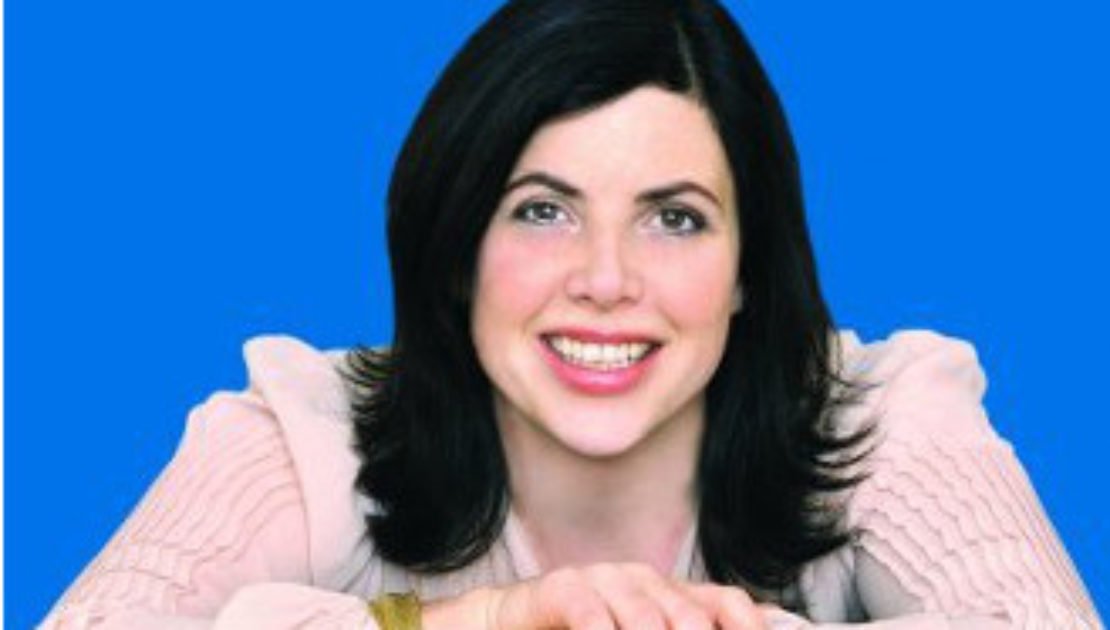

Should women be putting their fertility first?
Kirstie Allsopp, a well-known TV personality and mother to 2 boys, made headline comments this week about women’s fertility; suggesting women prioritise having children in their life choices, specifically over their education. Kirstie, who doesn’t have a daughter of her own told the Daily Telegraph that if she would have had a daughter, she would have told her: ‘Darling, do you know what? Don’t go to university. Start work straight after school. Stay at home, save up your deposit … then we can find you a nice boyfriend and you can have a baby by the time you’re 27.’
Her remarks sparked outrage from women who took her remark as an attempt to discourage young women from pursuing further education. Responses suggest Kirstie’s comments are an attack against female independence. Women have more choice than they ever had about what decisions they make after they finish school, and university is just that, a choice and not a necessity. Yet more and more women are getting educations and choosing to follow their careers instead of settling down.
Kirstie defended her comments and went on to say “Nature is not a feminist. Do whatever you want, but be aware of the fertility window. Make your choices in an informed way. This has been a taboo topic. People have not discussed it.” Perhaps Allsopp isn’t suggesting young women don’t get an education but is proposing people start to think about doing things differently by restructuring what has become the standard path for young women.
We are now living longer and delaying big life style decisions. The new generation of 20-somethings are now earning more money and not feeling the pressure to settle down that the older generations had. There is more ‘freedom’ to do what you want to do whether that is to go travel the world, stay at home, continue to study or start climbing the career ladder. Everyone has a choice and has a right to that choice, but Kirstie’s words struck the chord of warning to tell you to be mindful of your body’s fertility clock.
As many as there are opportunities out there, our body doesn’t evolve in the same way our choices do. Our fertility still remains the same – women become less fertile the older they get and it is well known that a woman in her 20s is more fertile than a woman in her 30s. Do you think there is a right time to start planning on starting your family? What factors have you had to take into consideration before trying for a baby?
It’s important to think about the individual and what you want to achieve whilst being conscious of your health and wellbeing and reproductive nature. So if we do decide not to have children now, will this mean we will struggle to conceive later? Or is the alternative to the struggle to get on the career ladder after having a baby? Did you take your fertility clock into consideration when making your life choices?